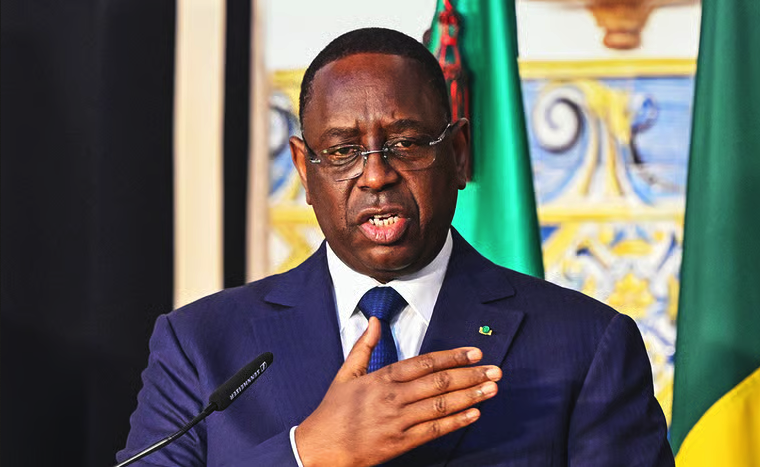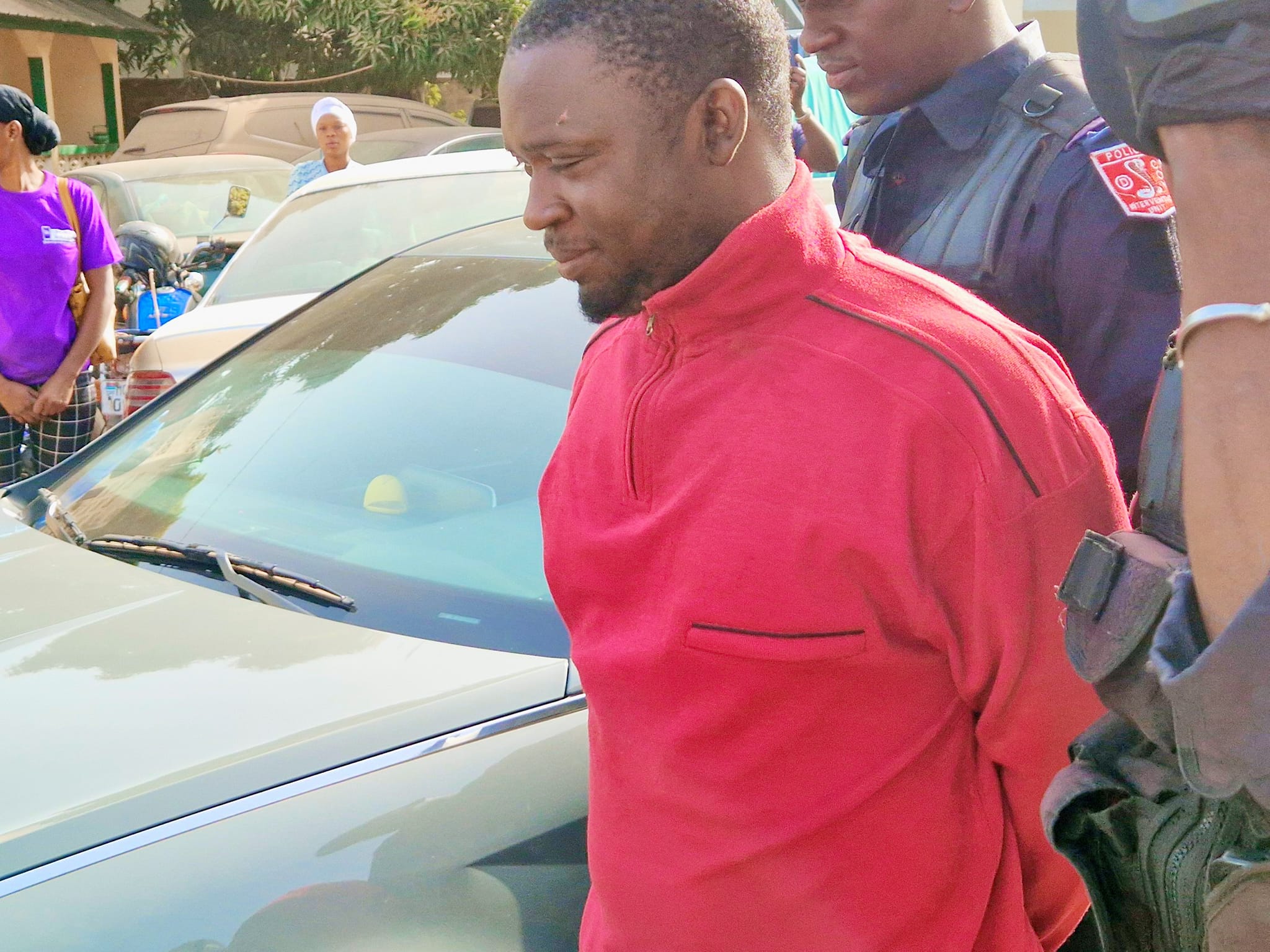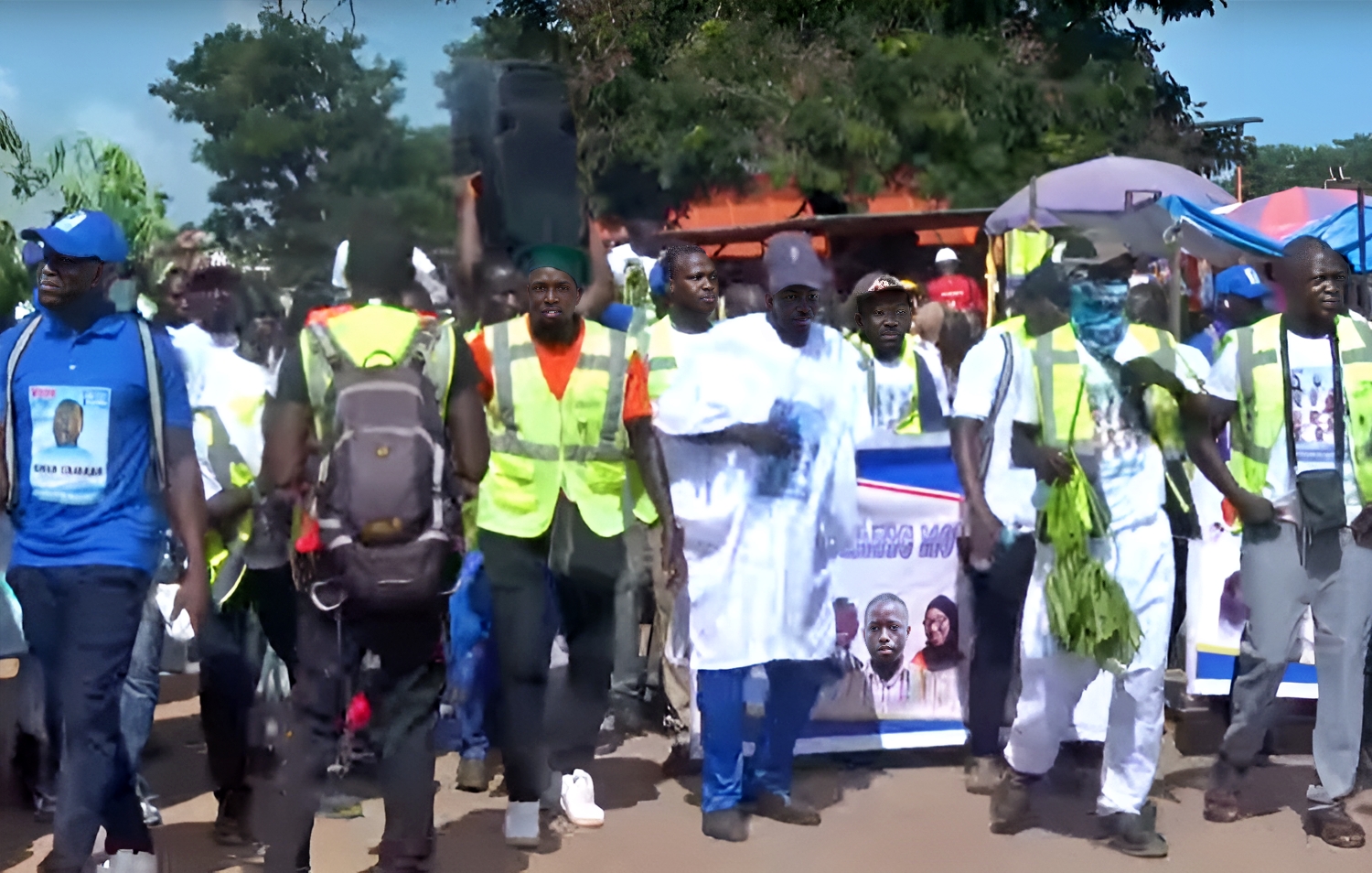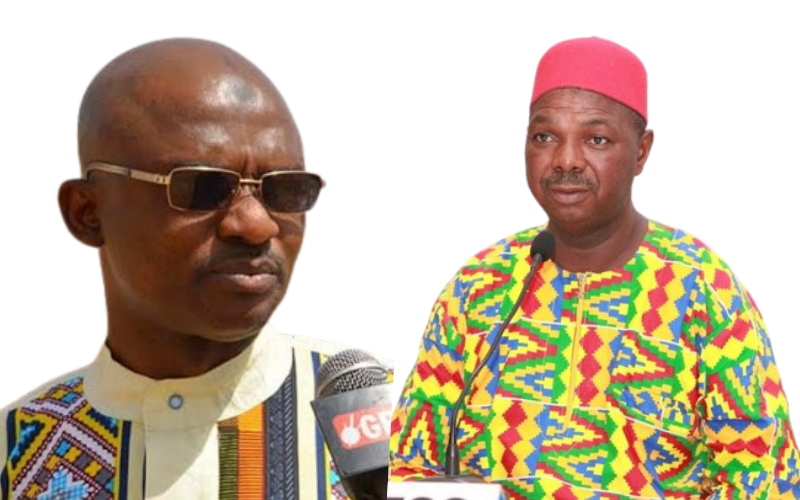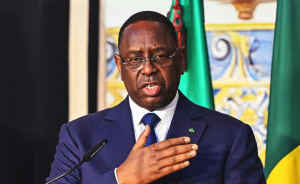Gambiaj.com – (BANJUL, The Gambia) – In a recent testimony, Ismaila Jallow, the Suba Ward councilor and Vice Chairman of the Brikama Area Council (BAC), revealed significant details about the councilors’ decision to boycott council meetings and activities. Jallow’s evidence centered on a letter signed by multiple councilors, which was addressed to the Clerk of the Council as a formal protest against Sheriffo Sonko, the Chairman of the BAC.
The letter, dated July, accused Sonko of unlawfully occupying his position following his expulsion from the UDP party. The signatories, including Lamin Sanyang (Sukuta Ward), Alieu K. Darboe (Kembujeh Ward), and several others, declared their intention to abstain from council activities until their grievances were addressed. However, the councilors only resumed attendance in November after a legal amendment removed the provision that a chairman would lose his seat upon expulsion from his party.
During the testimony, Lead Counsel Patrick Gomez criticized the councilors for failing to follow the legal procedure for removing Sonko, as outlined in the Local Government Act. Jallow admitted that their approach was flawed and did not comply with the required legal process. He conceded that their letter alone was insufficient for Sonko’s removal and that their boycott was a mistake.
Gomez questioned Jallow about his prolonged absence from council meetings, suggesting it amounted to a betrayal of the public trust. Jallow admitted that their decision to boycott was a failure and expressed regret. He also acknowledged that his allegations against Sonko, including claims of Council disintegration, lacked evidence.
Jallow’s testimony revealed inconsistencies in his attendance records and a lack of engagement with council duties, including financial oversight. Despite claiming to have attended meetings, he was unable to substantiate his attendance or actions with relevant documentation, leading Gomez to challenge his credibility.
The testimony highlighted Jallow’s dissatisfaction with Sonko and internal council divisions but also underscored significant lapses in his performance and accountability as a councilor. The Commission is expected to further investigate these issues to address the implications for the Council’s governance and operations.



